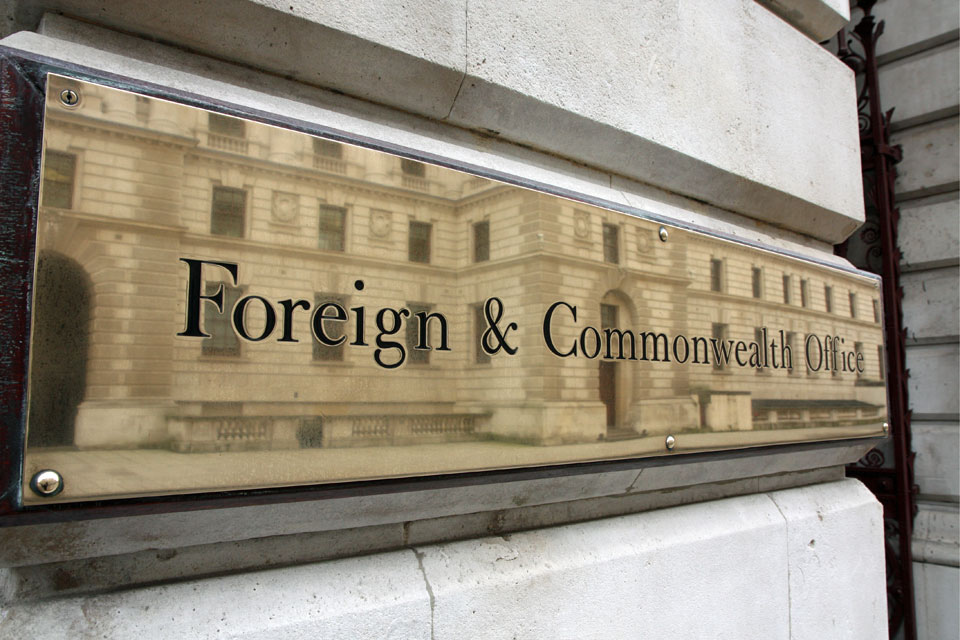International Conference on Preventing Sexual Violence in Conflict, Geneva, 6 September 2013
The Preventing Sexual Violence Initiative (PSVI) was launched on 29 May 2012 by UK Foreign Secretary William Hague and Angelina Jolie. Ambassador Karen Pierce spoke at the opening of the Conference.

A very warm welcome to everybody here today. I’m pleased to see that so many colleagues are able to participate, and that we have a broad representation in attendance of experts, advocates, practitioners, Government representatives, UN bodies and NGOs.
Our objectives for the conference today are to raise awareness and develop an understanding about why impunity continues to prevail for sexual violence in conflict; to highlight the practical challenges faced by those who document and investigate these crimes; and to discuss the ways in which the Protocol can act as a practical tool. I am delighted to welcome such a distinguished and experienced panel of speakers and hope that we can have a rich and productive meeting.
In terms of the wider context, the development of the Protocol is part of a broader effort by the UK, through the Foreign Secretary’s “Preventing Sexual Violence Initiative” to address the issue of sexual violence in conflict – using a high-level political campaign, supported by a range of practical measures. The political campaign has thus far included taking this issue to the G8 Foreign Ministers meeting in April this year – where we were pleased to secure a historic freestanding declaration on sexual violence in conflict. Then, in June, the UK chaired a debate in the UNSC which resulted in the adoption of the first UNSC resolution on this issue for three years. However, we recognise that to move the dial on this issue we need much broader political commitment. This year’s UN General Assembly (UNGA) Ministerial Week is a key opportunity to raise even wider international awareness of the ongoing use of sexual violence in conflict and to secure a global commitment to taking action to end these abhorrent crimes.
Working with the UNSRSG on sexual violence in conflict we have established a network of heads of state/government and foreign ministers from a broad range of countries, including conflict and non-conflict states, to be international Champions of the agenda. With this small group of like-minded countries we are developing a cross-regional political declaration on ending sexual violence in conflict which we will launch at a high-level event on 24 September.
This political declaration will reflect our shared determination to see an end to the use of rape and sexual violence as weapons of war and will have a focus on tackling impunity and delivering justice for victims and survivors. It will include a set of ambitious, action-oriented commitments and pledges to end sexual violence in conflict which will also subsequently serve as a platform for future practical activity. We hope that as many countries as possible will endorse this statement as well as speak out on this issue in their national statements at the UNGA Ministerial Week plenary debate.
The other aspect of the UK’s Initiative is a set of practical measures designed to translate political commitment into change on the ground. The development of an International Protocol on the Documentation and Investigation of Sexual Violence in Conflict is one aspect – the others include sustained country engagement including targeted deployments of the UK Team of Experts to assist conflict-affected countries address the issue, and financial support to the UN and other organisations.
I am very pleased that my colleague from Croatia is here today representing one of the international champions to reflect on the political will required to deliver increased accountability and justice for survivors.